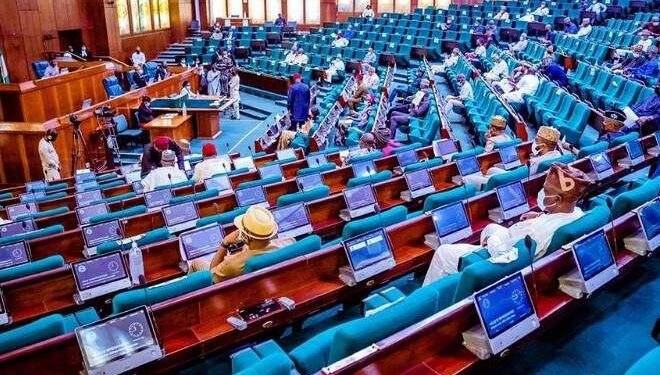The House of Representatives has indefinitely postponed the debate on the contentious tax reform bills following sustained opposition from northern governors and lawmakers. A memo signed by Dr. Yahaya Danzaria, Clerk of the House, announced the suspension to allow for further consultations with stakeholders, emphasizing inclusivity and collaboration.
The four tax reform bills, submitted to the National Assembly by President Bola Tinubu in September 2024, aim to overhaul Nigeria’s fiscal framework. Key proposals include changes to VAT-sharing formulas, tax administration, and the establishment of a new tax tribunal. However, opposition has mounted over concerns about the bills’ potential to deepen regional economic disparities.
Opposition from Northern Governors and Lawmakers
Governors of the 19 northern states and their federal lawmakers have strongly resisted the bills. During a closed-door session, northern representatives argued that the reforms could harm their already fragile economies. A North-East lawmaker highlighted the region’s vulnerability, stating, “North-East is already the poorest region in Nigeria. The proposed changes will only worsen our plight.”
Governor Babagana Zulum of Borno State, a prominent critic, stressed that rushing the bills risks devastating impacts on the North and other regions. He questioned the urgency of the legislative process, contrasting it with the Petroleum Industry Bill, which took nearly two decades to pass. “This is not about opposition but about protecting regional and national interests,” Zulum said during a BBC interview.
Regional and Political Tensions
The Value Added Tax (VAT)-sharing formula has been particularly contentious. Northern governors argue that the proposed changes would disproportionately benefit Lagos, Nigeria’s economic hub, to the detriment of other states. Senator Aminu Tambuwal echoed this sentiment, warning of increased hardship for Nigerians and questioning the timing of the reform amid economic challenges caused by subsidy removal and currency devaluation.
Conversely, southern voices like the pan-Yoruba group Afenifere have expressed support for the reforms, viewing them as a step toward aligning tax revenues with actual economic activity. They believe the changes will stimulate economic development and enhance fiscal accountability.
Government’s Defense and Lobbying Efforts
Proponents of the bills argue that they aim to simplify the tax system and reduce the burden on small businesses while promoting equity in revenue generation. APC lawmakers Philip Agbese and Babajimi Benson have been lobbying for the bills, emphasizing their long-term benefits. Benson remarked, “These reforms are game-changing initiatives that need broad acceptance.”
However, the National Economic Council (NEC), led by Vice President Kashim Shettima, has advised a temporary withdrawal of the bills for broader consultations.
Broader Implications
The tax reform bills have reignited debates over Nigeria’s fiscal federalism, with stakeholders divided along regional and political lines. While the reforms seek to modernize Nigeria’s tax system, the backlash underscores the complexities of balancing national development with regional equity.
For now, the indefinite suspension of the debate highlights the necessity of fostering consensus in navigating one of Nigeria’s most significant fiscal overhauls.
























